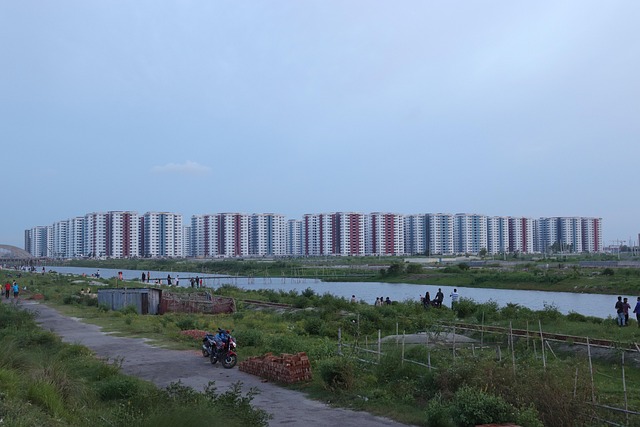
Sufia Kamal: A Voice for Women, Literature, and Liberation
Sufia Kamal (1911-1999) wasn't just a name in Bangladeshi literature; it was synonymous with social activism and unwavering feminism. Born into an aristocratic family in Barisal, Sufia defied conventions to become a poet, writer, and a powerful voice for women's rights and national identity. Her life and work illuminate the transformative power of words and the unyielding spirit of a woman who dared to challenge the status quo.
Early Education and Inspiration:
Sufia's education deviated from the norm. While traditional lessons focused on Urdu, Arabic, and Persian, her mother and uncle instilled a deep love for the Bengali language and literature. This early exposure to her cultural heritage would shape her literary voice and future endeavors.
In 1918, a young Sufia met the visionary feminist Begum Rokeya Sakhawat Hossain. This encounter ignited a lifelong passion for social justice and women's empowerment. At a young age, she married a supportive husband who encouraged her literary pursuits. This defiance of tradition allowed Sufia to write and participate in social welfare activities, venturing out in a burqa to aid disadvantaged women. Her first short story, "The Soldier Bride" (1923), marked the beginning of her literary journey.
Literary Awakening and the Rise of a Feminist Voice:
1925 proved pivotal. Inspired by Mahatma Gandhi, Sufia embraced simplicity, trading elaborate traditional attire for simple clothing. This outward change mirrored an internal transformation as she found her voice as a poet. Her debut poem, "Of Spring" (Basanti), published in 1926, offered a lyrical portrayal of nature and renewal.
Sufia actively sought guidance from established literary figures like Kazi Nazrul Islam and joined "Anjuman-i-Khawatin-i-Islam," a Muslim women's association promoting education and social reform. Her poems, often addressing themes of female oppression and the yearning for freedom, resonated with a generation of women seeking change.
Tragedy struck in 1932 with her husband's passing. However, Sufia refused to be confined by societal expectations. Instead, she took a teaching position and continued writing. Poems like "The Pole Star" earned praise for their emotional depth and powerful imagery.
A Life Dedicated to Activism and Social Change:
Sufia's activism extended beyond literature. She became the first Muslim woman elected to the Indian Women's Federation, advocating for women's suffrage and equal rights. Beyond women's rights, Sufia championed the Bengali language and cultural identity. During the partition of India, she tirelessly promoted Hindu-Muslim unity and cultural autonomy, actively participating in the 1952 Bengali Language Movement.
A Witness and Participant in Bangladesh's Liberation War:
Sufia's unwavering commitment to Bangladesh's independence was evident during the 1971 Liberation War. While her husband and son provided logistical support from within the country, Sufia's daughters bravely joined the Mukti Bahini. She documented the war's atrocities in her diary, "Diary of '71," a powerful testament to the war's human cost. Her poems during this time addressed themes of resistance and the sacrifices made for freedom, inspiring the nation's spirit.
A Legacy That Endures:
Sufia Kamal's literary and social contributions were recognized with numerous awards, including the prestigious Ekushey Padak and the Independence Day Award. Her poems have been translated into numerous languages, ensuring her message transcends borders. Even after Bangladesh's liberation, Sufia remained a vocal critic, advocating for social justice and equality.
Beyond Poetry: A Tapestry of Literary Contributions
Sufia's literary legacy extends beyond her powerful poetry. She penned numerous short stories, like "Thorns of the Keya Tree" (Keyar Kanta, 1937), that explored social issues and women's experiences. She ventured into novels, travelogues, and even an autobiography, "In This Time, Our Time" (Ekale Amader Kal, 1988), offering a glimpse into her life and the changing socio-political landscape of Bengal.
Sufia Kamal's life story remains an inspiration to all who strive for a more just and equitable world. Her courage, resilience, and unwavering commitment to her ideals continue to inspire generations of writers, activists, and women in Bangladesh and beyond. She is fondly remembered as "Khalamma" - a source of wisdom, strength, and hope who left an indelible mark on Bangladeshi literature and social history.
Listen and Watch the Story:
More from this author






